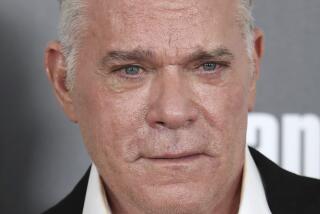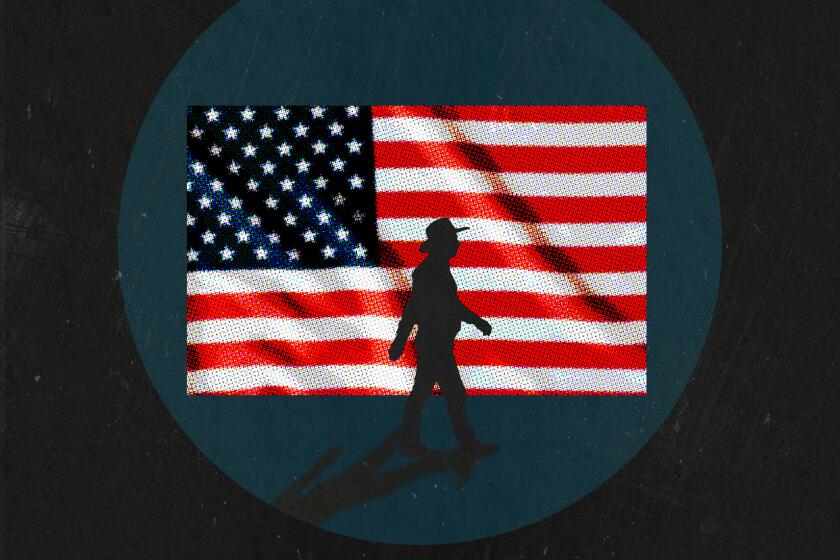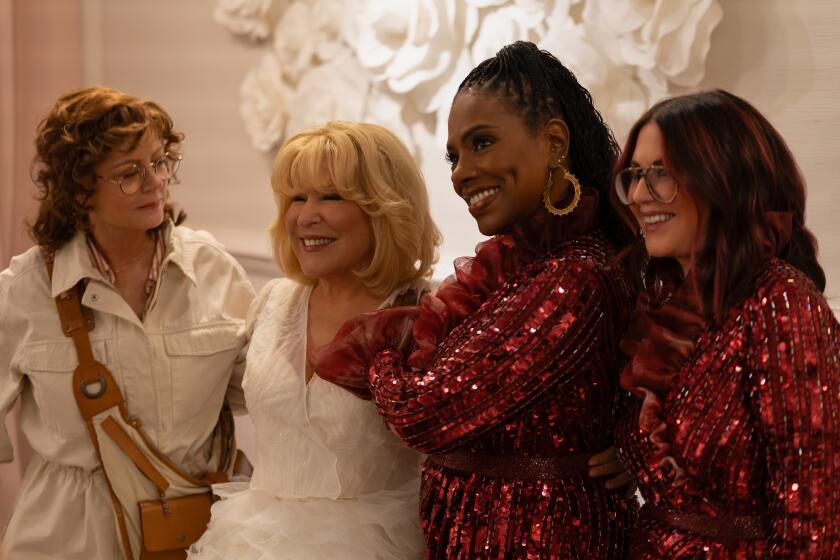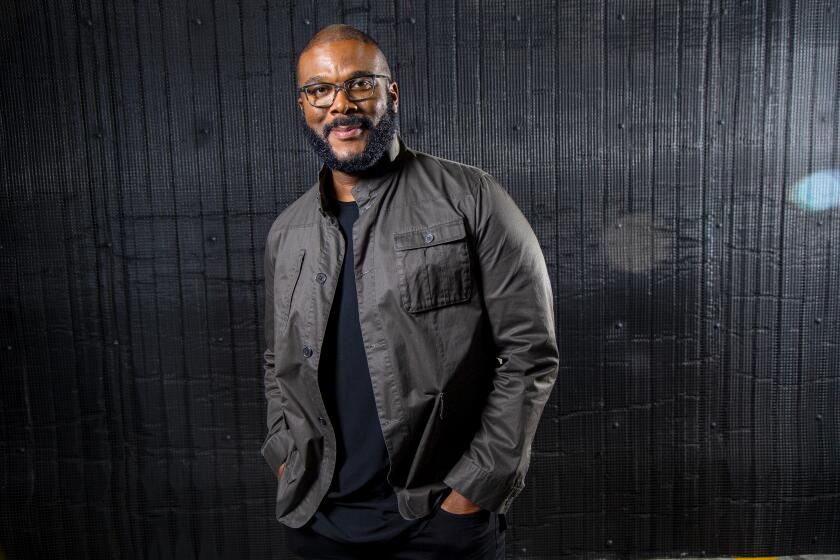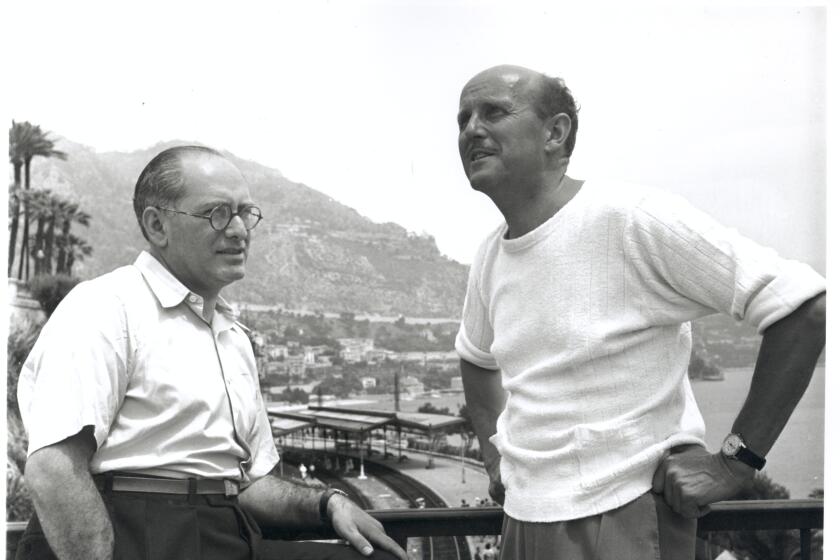In spectral voices and nightmares
Powerful, moving and disturbing, the documentary “Nanking” depicts the horrific events that occurred in the Republic of China’s then capital in late 1937 and early 1938. The film, directed by Bill Guttentag and Dan Sturman, chronicles the brutal invasion of the city by Imperial Japanese forces primarily from the perspective of a community of Westerners who remained behind when others left and some of the Chinese survivors to whom they provided sanctuary.
Iris Chang’s controversial 1997 bestseller, “The Rape of Nanking,” returned the massacre to public consciousness, and the events remain a sensitive issue in Sino-Japanese relations.
“Nanking” opens with preparations for a staged reading by actors playing the story’s principals, whose letters and diary entries form the film’s dramatic spine. One by one, they introduce themselves in character and, unlike the similar use of actors in some of Ken Burns’ documentaries, they remain on-camera.
The device is a little jarring at first. However, it turns out to be extremely effective as the force of the words and the actors’ commitment quickly pulls us into the riveting narrative of a small group of people who did something extraordinary in the face of imminent danger simply because they felt it was the right thing to do.
John Getz plays George A. Fitch, a priest who worked for the YMCA, and Woody Harrelson is Bob Wilson, a surgeon at the university hospital. Both men were born in China to missionary parents and were educated in the U.S. before returning to Nanking, which they considered home.
Mariel Hemingway is Minnie Vautrin, an Illinois native and chairwoman of the education department at Ginling College, but perhaps most intriguing of all is John Rabe, a German businessman played by Jurgen Prochnow. The four were part of a committee that helped to create a safety zone within Nanking using their limited influence and relative wealth. Though their efforts were frequently frustrated by bureaucracy and indifference -- Nazi follower Rabe naively believed Adolf Hitler would provide aid -- they are credited with saving 250,000 lives.
Guttentag and Sturman gradually add other elements, including archival footage, photographs and interviews, successfully making the transition from the artifice of the reading. The actors persuasively blend into the history, serving as conduits to the larger story.
If the Westerners’ accounts are compelling, the interviews with the Chinese are heartbreaking. Now in their 70s and 80s but children at the time, their graphic descriptions of the carnage they witnessed and the violence they experienced are wrenching.
Several Japanese soldiers, now elderly men, are also interviewed, providing an uneasy counterpoint. Their memories are much less detailed and appear to contain a great deal of detachment.
Actors such as Stephen Dorff, Rosalind Chao and Sonny Saito read excerpts written by others in Nanking at the time, giving the narrative some variety and breadth. Mark Valley serves as the “stage manager,” reading from contemporary newsreels and newspaper accounts. The performers are uniformly strong and reserved, mirroring the stoicism that must have been required of the actual participants and providing a supportive context to the survivor interviews.
--
“Nanking.” In English, Mandarin and Japanese with English subtitles. MPAA rating: R for disturbing images and descriptions of wartime atrocities, including rape. Running time: 1 hour, 29 minutes. At Laemmle’s Royal, 11523 Santa Monica Blvd., West L.A. (310) 477-5581.
More to Read
Only good movies
Get the Indie Focus newsletter, Mark Olsen's weekly guide to the world of cinema.
You may occasionally receive promotional content from the Los Angeles Times.


